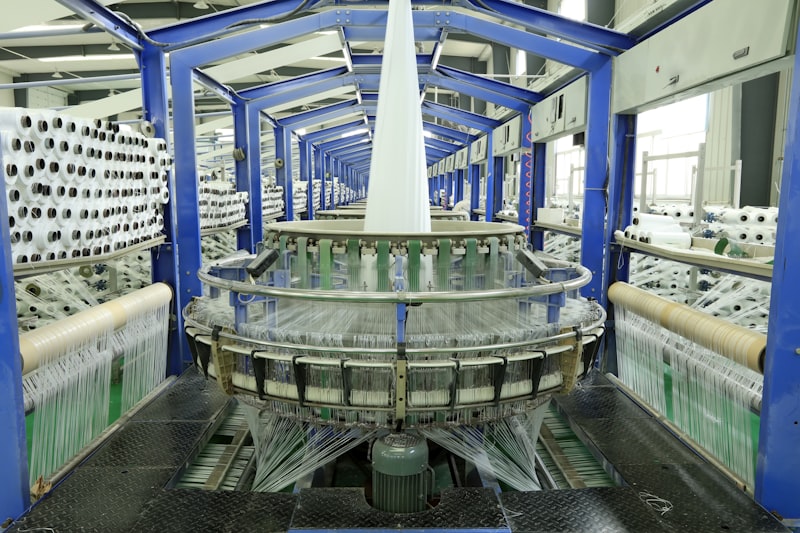Unlocking the Secrets: Benefits of Working with Wedding Dress OEM Specialists
Choosing the perfect wedding dress is a significant aspect of any bridal preparation, and more and more brides are seeking out custom solutions tailored to their unique vision. This has led to an increasing demand for Wedding Dress OEM (Original Equipment Manufacturer) specialists. In this comprehensive article, we will explore the myriad benefits of working with these specialists and how they can transform your bridal experience into a seamless and delightful journey. What is an OEM Specialist? OEM specialists are manufacturers that design and produce products based on another company’s specifications. In the wedding dress industry, these specialists work closely with designers and retailers to create beautiful gowns that meet specific design criteria, quality standards, and production timelines. By collaborating with OEM specialists, bridal boutiques can offer a wider range of styles and sizes without investing heavily in manufacturing processes themselves. Key Benefits of Working with Wedding Dress OEM Specialists 1. Customization to Meet Unique Needs One of the primary advantages of working with Wedding Dress OEM specialists is the level of customization they provide. Every bride has a unique vision for her wedding dress, and OEM specialists can create designs that reflect individual styles, fabrics, and requirements. This ensures that your dress is not only one-of-a-kind but also truly representative of your tastes. Customization Features Offered by OEM Speciali...
Exploring Future Trends in the Wedding Dress OEM Industry
The wedding dress OEM (Original Equipment Manufacturer) industry is a fascinating and rapidly evolving market. As preferences shift and new technologies emerge, manufacturers must adapt to not only meet the demands of modern brides but also to innovate within the industry. In this article, we will explore the future trends expected to shape the wedding dress OEM landscape.1. Sustainability in Wedding Dress ManufacturingAs consumers become more conscious of environmental issues, sustainability is becoming a pivotal selling point in the wedding dress industry. OEM manufacturers are expected to incorporate eco-friendly materials and practices into their production lines. This trend is growing due to various factors, including:Material Sourcing: Increasing use of organic fabrics and recycled materials.Production Waste Reduction: Adoption of practices that minimize waste during the manufacturing process.Transparency: Brands providing transparency about their sourcing and manufacturing processes to build trust with customers.2. Technological AdvancementsThe integration of technology in the wedding dress OEM industry is revolutionizing design and production processes. Key advancements include:3D PrintingAllows for intricate designs and customization options that were previously unattainable.Virtual Fitting RoomsEnables brides to try on dresses online using augmented reality technology.Artificial IntelligencePredicts fashion trends and consumer preferences, helping brands stay ahead ...
Understanding MOQ (Minimum Order Quantity) in OEM Contracts: A Comprehensive Guide
Introduction to MOQ in OEM ContractsWhen it comes to manufacturing and procurement, understanding the intricacies of Minimum Order Quantity (MOQ) is crucial, especially in Original Equipment Manufacturer (OEM) contracts. MOQ refers to the minimum number of units a supplier is willing to produce or sell in one order. It plays a significant role in pricing, production efficiency, and inventory management. In this article, we will delve into the nuances of MOQ in OEM contracts, its implications, and how businesses can effectively navigate this aspect to optimize their operations.What is MOQ?Minimum Order Quantity, or MOQ, is a term commonly used in manufacturing and wholesale industries. It represents the smallest order that a supplier is willing to process. Suppliers often set an MOQ to ensure production runs are cost-effective and to minimize waste. This quantity can vary significantly from one supplier to another and can be influenced by factors such as material cost, production efficiency, and market demand.Importance of MOQ in OEM Contracts1. Cost Management: Understanding MOQ helps businesses negotiate better terms and manage costs effectively. Suppliers often provide bulk pricing that can lower costs significantly, but failing to meet MOQ can lead to higher unit prices.2. Production Efficiency: OEMs need to streamline their production processes. Setting an appropriate MOQ can help suppliers optimize their workflow, ensuring timely delivery and maintaining quality standard...


